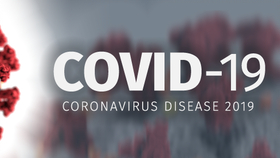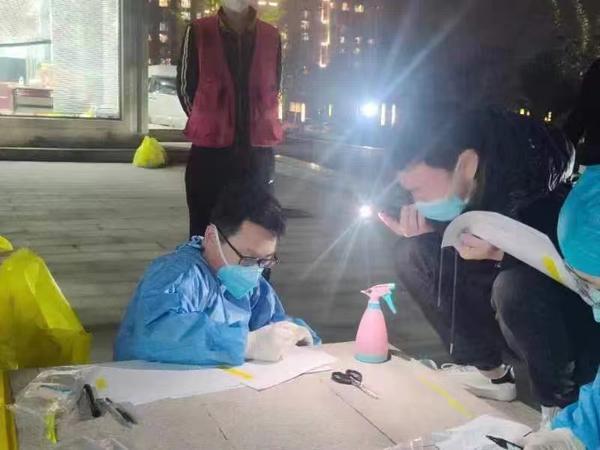In the wake of the ongoing COVID-19 pandemic, which has reshaped our global landscape and lifestyles, it is imperative that we all become informed and proactive in our efforts to contain the spread of the virus. This article aims to provide essential epidemic prevention and control knowledge in English, focusing on the basics of personal hygiene, social distancing, vaccination, and the importance of community involvement.
Personal Hygiene: The First Line of Defense
Personal hygiene practices are the cornerstone of any effective epidemic prevention strategy. Regular handwashing with soap and water for at least 20 seconds, especially after touching frequently touched surfaces or after coughing or sneezing, is a crucial step in reducing the transmission of the virus. When soap and water are not available, using an alcohol-based hand sanitizer with at least 60% alcohol content is recommended. Additionally, covering your nose and mouth with a tissue or your elbow when coughing or sneezing, and avoiding touching your face with unwashed hands, can significantly minimize the risk of infection.
Social Distancing: A Key Strategy
Social distancing measures have proven to be effective in slowing down the spread of the virus. This involves maintaining a physical distance of at least 1-2 meters (3-6 feet) from individuals who are not part of your household bubble. This is particularly important in crowded places where maintaining a safe distance is challenging. It is also crucial to avoid large gatherings, both indoors and outdoors, and to stay home if you feel unwell or have symptoms of COVID-19.
Wearing a Mask: A Simple Yet Effective Precaution
Wearing a face mask in public places, especially in areas with high transmission rates, can significantly reduce the risk of infection. Masks prevent infected individuals from spreading respiratory droplets when they cough, sneeze, or talk. They also offer some protection for the wearer by blocking large droplets that may reach them directly. It is essential to properly wear, handle, and dispose of masks to ensure their effectiveness.
Vaccination: The Path to Normalcy
Vaccination is one of the most powerful tools we have against COVID-19. Vaccines work by introducing a weakened or dead version of the virus into the body, triggering an immune response without causing illness. This helps develop immunity against the virus, reducing the severity of symptoms and preventing severe illness or death. It is crucial to get vaccinated as per your local health authority's guidelines and to encourage others around you to do the same.
Community Involvement: A Collective Effort
The fight against COVID-19 is a collective responsibility that requires the active participation of every member of society. This includes following health guidelines, reporting symptoms promptly to health authorities, supporting those in need, and participating in community-led vaccination campaigns. Businesses and institutions should adopt strict hygiene protocols, encourage remote work where possible, and ensure that their premises are safe for customers and employees.
Digital Literacy: Stay Informed and Verified
In times of a pandemic, misinformation can spread rapidly online. It is essential to stay informed by relying on credible sources such as the World Health Organization (WHO), local health departments, or reputable news outlets for accurate information about the virus and its prevention measures. Sharing verified information with others helps create a more resilient community against misinformation.
Mental Health: Don't Forget Your Well-being
The pandemic has taken a toll on mental health as well. It is crucial to prioritize self-care, including regular exercise, healthy eating habits, adequate sleep, and engaging in activities that bring joy or relaxation. Seeking support from friends, family, or mental health professionals when needed is also vital for maintaining overall well-being during these challenging times.
In conclusion, the COVID-19 pandemic underscores
转载请注明来自爬爬百科,本文标题:《COVID-19大流行,英语中的基本防疫意识》












 京ICP备11000001号
京ICP备11000001号
发表评论